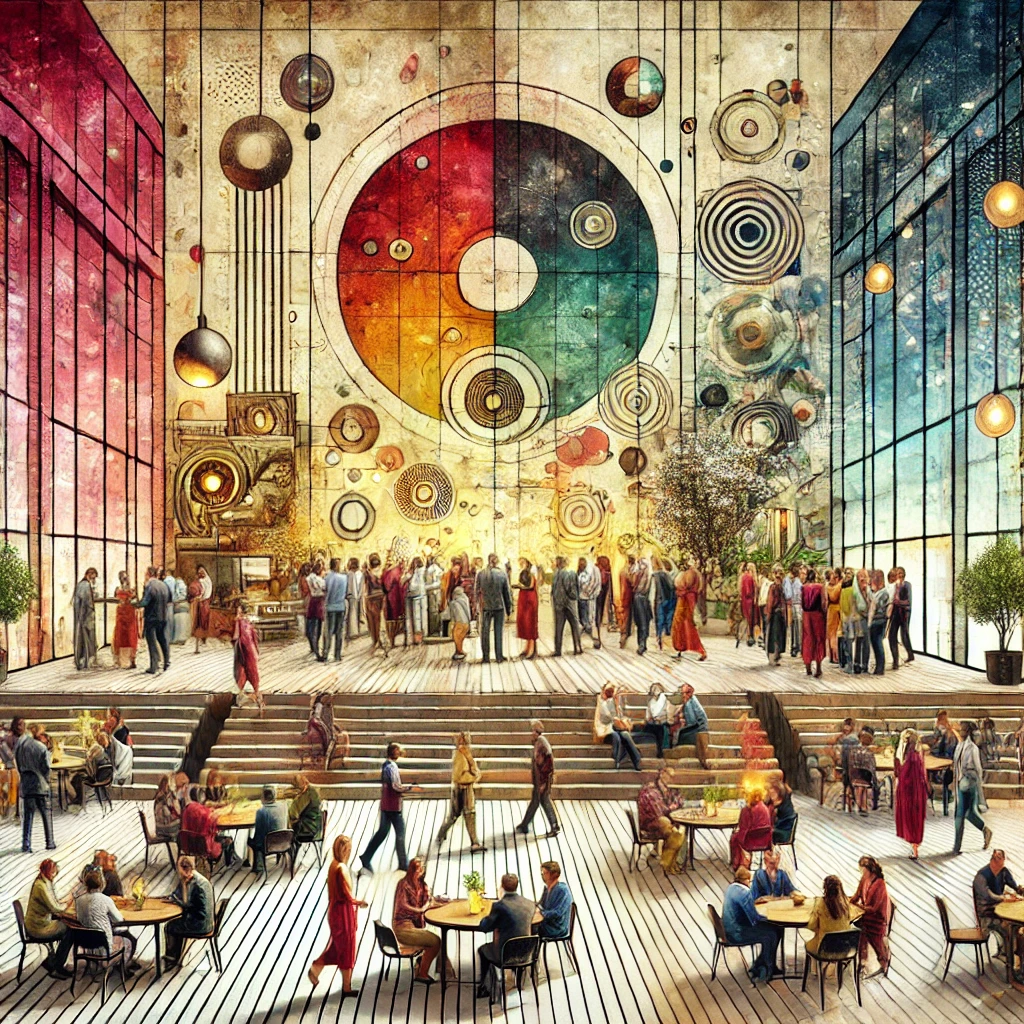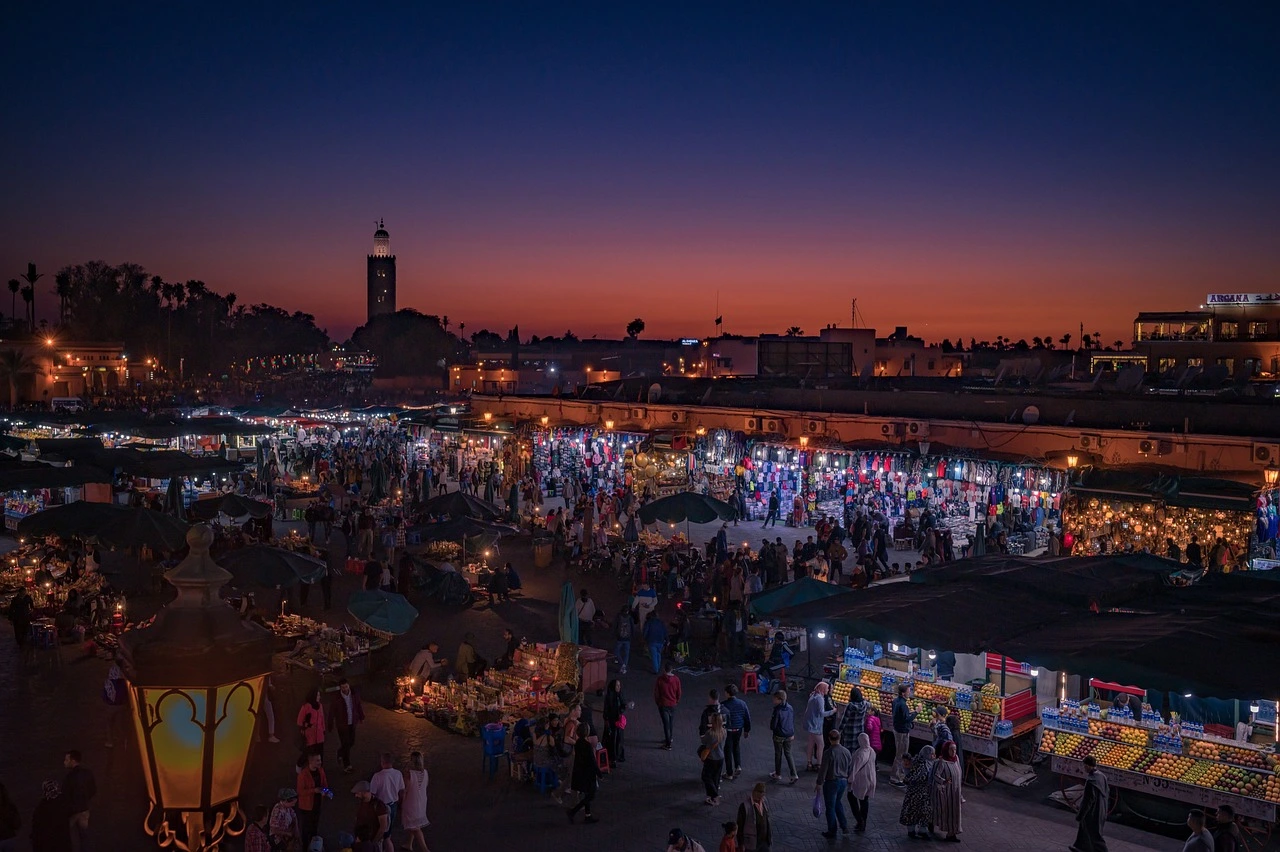In today’s fast-paced and digital society, the concept of the human gathering cult has emerged as an intriguing form of social interaction. Unlike traditional cults, which are often centered around charismatic leaders or rigid belief systems, human gathering cults focus on fostering community, connection, and shared experiences. This article explores the evolution, psychology, and impact of the human gathering cult in contemporary society, shedding light on how these groups differ from traditional cults and why people are drawn to them.
What is The Human Gathering Cult?
At its core, the human gathering cult refers to social or community groups that prioritize creating spaces for individuals to connect, engage, and belong. These groups are defined by their communal focus, shared interests, and inclusivity rather than strict ideologies or religious beliefs.
Key Characteristics of Human Gathering Cults:
Community Focus:
The primary goal is to foster a sense of belonging among members.
Shared Interests:
Members unite around common activities or hobbies rather than philosophical or religious doctrines.
Inclusivity:
Human gathering cults often welcome people from diverse backgrounds.
Flexible Leadership:
Leadership structures are typically democratic or decentralized, allowing for shared decision-making.
Emphasis on Well-being:
Activities are geared toward personal growth and mutual support rather than manipulation or control.
History and Evolution of Human Gathering Cults
Human gathering cults may seem like a modern phenomenon, but they have historical roots. Throughout history, people have always sought community and belonging, whether through religious groups, social clubs, or movements. However, the human gathering cult as a distinct concept has evolved with societal changes, particularly the rise of urbanization, individualism, and digital communication.
In the past, social clubs or religious groups filled the void of community interaction. Over time, as traditional forms of community declined, new social structures emerged to meet the basic human need for belonging. The internet and globalization have played key roles in shaping this modern version of human gathering cults, enabling people to connect over shared interests regardless of geographic location.
How The Human Gathering Cult Differs from Traditional Cults
While the term “cult” may carry negative connotations due to associations with manipulation, exploitation, and authoritarian leaders, the human gathering cult differs in significant ways. Traditional cults often isolate members, demand loyalty, and revolve around rigid belief systems. In contrast, the human gathering cult promotes inclusivity, flexibility, and mutual support, making it more about fostering community than controlling individuals.
Key Differences:
Leadership:
Traditional cults typically have a single charismatic leader who wields significant control. Human gathering cults, on the other hand, may have rotating leadership or no centralized figure of authority.
Belief Systems:
Traditional cults usually require members to adhere to strict religious or philosophical doctrines. Human gathering cults are more open-ended, focusing on shared interests like wellness, creativity, or professional growth.
Membership:
Traditional cults often isolate their members, while human gathering cults encourage participation in wider social circles and do not limit external interactions.
Psychological Factors Behind Joining The Human Gathering Cult
Humans have an innate need for connection and community. This need drives individuals to seek out groups where they feel a sense of belonging, which is a fundamental motivator behind the formation and attraction to the human gathering cult. In an increasingly digital and fragmented world, many people experience social isolation, making the pull of a supportive community even stronger.
Why People Join:
Need for Belonging:
The need to feel accepted and valued is a key psychological driver. Human gathering cults offer a sense of inclusion and identity.
Personal Growth:
Many people join these groups seeking personal development. Workshops, group activities, and shared experiences offer opportunities for self-improvement.
Support Networks:
In times of crisis or transition, having a strong support system can be invaluable. Human gathering cults often serve as a safety net for those facing personal challenges.
Case Studies: Real-World Examples of Human Gathering Cults
Several real-world examples demonstrate how the human gathering cult manifests in various forms. These groups range from physical gatherings to online communities, united by shared interests and goals.
Burning Man:
Burning Man is a well-known annual event held in the Nevada desert. It is often cited as an example of the human gathering cult because it brings together thousands of individuals to create a temporary city focused on art, self-expression, and community. The event operates on principles such as radical inclusion, self-reliance, and communal effort, allowing participants to experience a unique form of community-building that is both temporary and transformative.
Co-Working Spaces:
Co-working spaces have become modern-day examples of the human gathering cult. These shared workspaces provide professionals with not only a place to work but also a sense of community. Individuals who work in isolated environments, such as freelancers, come to co-working spaces to network, collaborate, and share ideas in a communal atmosphere.
Online Communities:
With the rise of digital communication, online forums and social media groups have become increasingly popular forms of the human gathering cult. These virtual spaces allow people from around the world to connect over shared passions, whether it be gaming, fitness, or social causes. Platforms like Reddit and Facebook groups are prime examples of digital gathering spaces that foster a sense of belonging.
Potential Risks and Concerns in Human Gathering Cults
Although the human gathering cult typically lacks the authoritarian control associated with traditional cults, it is not without its risks. While many of these groups focus on well-being and inclusivity, some can veer into unhealthy dynamics, leading to manipulation or exploitation.
Potential Risks:
Financial Exploitation:
In some cases, human gathering cults may pressure members for financial contributions, particularly if the group has an unclear organizational structure.
Excessive Loyalty:
Some groups may demand a level of loyalty that can border on the obsessive, discouraging members from questioning leadership or norms.
Loss of Autonomy:
While these groups often promote self-improvement, they may also lead to a loss of personal autonomy if peer pressure or groupthink becomes too strong.
The Role of Human Gathering Cults in Modern Society
In today’s world, where social isolation is increasingly prevalent, the human gathering cult plays a crucial role in fostering community and connection. These groups provide a space where individuals can come together, share experiences, and feel a sense of purpose. In a society often divided by politics, economics, and other pressures, human gathering cults serve as a reminder of the power of connection.
Key Societal Roles:
Combating Social Isolation:
As people spend more time online and less in face-to-face interactions, the sense of community provided by human gathering cults helps alleviate feelings of loneliness.
Promoting Diversity and Inclusion:
Many of these groups prioritize diversity, welcoming individuals from different backgrounds and experiences, thereby enriching the group dynamic.
Fostering Innovation and Collaboration:
In creative or professional circles, human gathering cults serve as spaces where innovation flourishes through collaboration and shared ideas.
Future of Human Gathering Cults
As society becomes more digital, the future of the human gathering cult is likely to evolve. Virtual communities will continue to rise in importance, with online spaces playing an even larger role in connecting individuals. Additionally, as people seek more intentional and meaningful forms of social interaction, we may see an increase in niche human gathering cults centered around specific interests or values.
In the physical realm, events like Burning Man or co-working spaces may adapt to societal shifts, blending digital and in-person experiences to create hybrid communities that meet the needs of modern society. The flexibility and adaptability of the human gathering cult suggest that it will remain a crucial part of human interaction well into the future.
Conclusion: The Power of Human Connection
The human gathering cult represents a powerful aspect of contemporary life. In an age where people are more connected yet often feel more isolated, these groups provide a sense of belonging, purpose, and mutual support. While there are potential risks involved, the benefits of creating spaces where individuals can come together and thrive are undeniable. As society continues to evolve, so too will the forms of human gathering cults, ensuring that the need for community and connection remains fulfilled in both physical and digital spaces.


